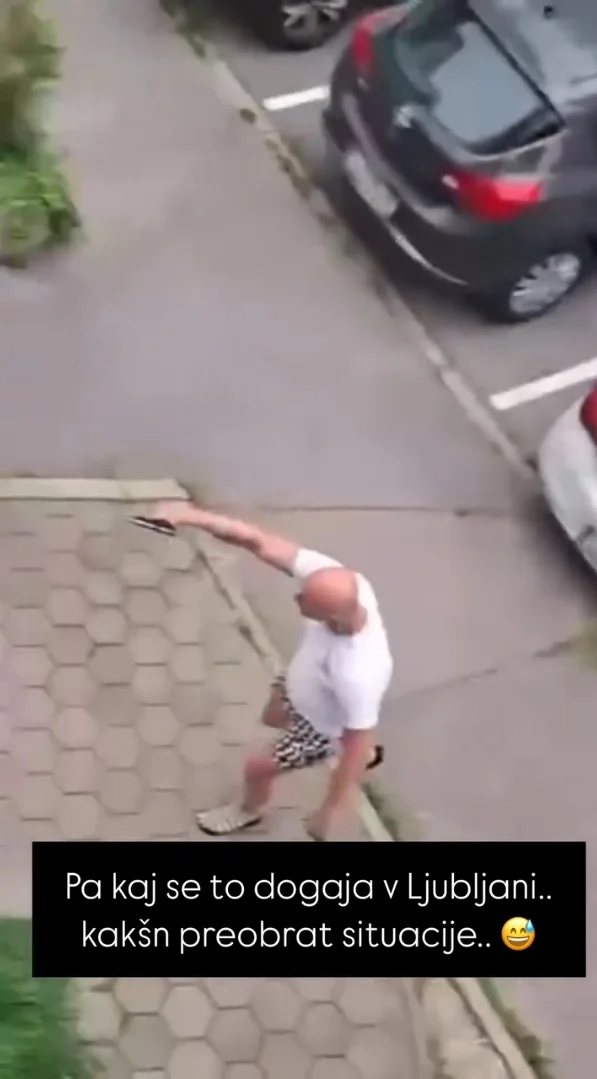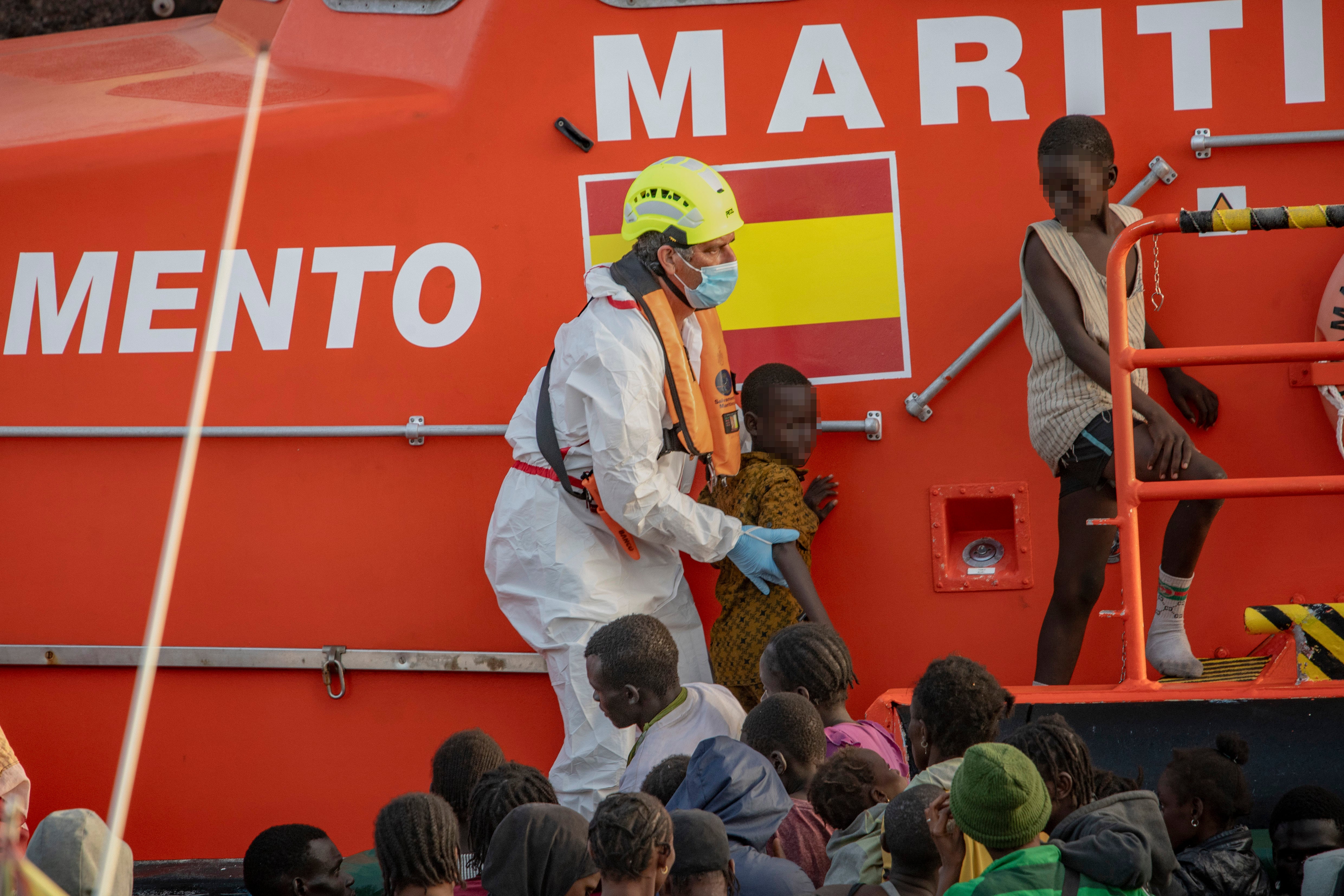Ukrainian top manager about leadership in war: « The ultimate trial »

When Russia began its full -scale invasion of Ukraine on February 24, 2022, the Kosanty Koshelenko was unprepared. He, who during his professional life held several senior positions at financial companies in Ukraine had a month earlier started working at the country’s Ministry of Social Affairs.
During his career he had led employees in both good and more challenging times. But that the Russian armed forces would attack the home country with full force was not a Kosanty Koshelenko had prepared for.
– the day after the invasion I didn’t even have a bottle of water at home. Then I thought of my grandmother, who survived the famine in Ukraine in the thirties. She always had a layer of sustainable food and salt at home, he says during a digital interview from the hometown of Kiev, and adds:
– It was because my grandmother had no illusions. But I had.
A short time before Russia’s full -scale invasion, Kosantyn Koshelenko had been appointed Deputy Minister of Social Affairs for Ukraine with responsibility for digital development and digitalisation – a task that would also be considered challenging in peacetime.
Instead, being forced to lead their employees during an ongoing war – a situation that can be described as the ultimate trial – placed new demands on leadership. Lessons he has now gathered in the book « Leadership in wartime – experiences from the Ukraine of the war ».
Crucial A crisis or war situation is that as a leader or manager you are ready to throw away previously established plans, says Kostiantyn Koshelenko.
– It is basic to be aware of the uncertain situation. Having a plan is certainly important, but not to hold on to it at all costs is at least as important. Resilience is not about knowing the future – but about being able to adapt quickly and act when the situation can change only in an hour, he says, adding::
– In a crisis or in a war, the ability to prioritize is decisive.
Swedish managers can also learn many lessons from Ukrainian leadership. This is according to Pär Lager, leadership expert and responsible for learning from Ukraine at the Swedish Defense College.
He points out that already on the morning of February 24, 2022 at the Swedish Defense College, the importance of taking part in the Ukrainian experiences was realized.
– We decided to start a business so that the Swedish Defense College and Sweden could learn lessons from the Russian attack war. Partly to strengthen our own ability, but also to find out how we could best support Ukraine. That is why we contacted the military universities in Ukraine we had previously collaborated with, and in March 2023 we made a first visit to Odessa and Kiev, he says.

Pär Lager has then returned to Ukraine on several occasions. During the trips, he interviewed a large number of Ukrainian leaders from both the public and private sectors to collect their experiences, and in the pre- and afterword for the Kosantyn Koshelenko’s book he puts the content of a Swedish context.
Pear layer Agree that a war is the ultimate trial, not only for managers and leaders, but for all employees in a country or in an organization.
– In such a situation, it is crucial to know what is particularly important in leadership. What works – and what leads to chaos and disaster instead, he says.
Innovation force is an important characteristic of the Ukrainian managers who have successfully managed to lead their employees in recent years, according to Pär Lager.
– Common to them is to have the ability to solve sudden problems in new ways. They have also been able to perform their work despite lack of information and under enormous uncertainty, he says and continues:
– These requirements have also led to a very tough output in Ukraine, where managers who have not had these abilities have disappeared.

In Sweden, many managers are poorly prepared for a long -term crisis or a war, says Pär Lager. He urges the Swedish leaders to reflect on their responsibilities in a similar situation.
– They should also ask themselves what benefit in society their organization could do during a crisis, and find out how many of the employees are placed in war. Maybe it’s about three out of ten in one department – what consequences would it have?, He says.
Swedish managers should Also, think about how they can already prepare for a crisis or a war today, according to Pär warehouse.
– It is about training, among other things, to make faster decisions, to work in a very uncertain environment and to communicate more directly with the employees, he says.

On the question What he hopes to convey through his book, where three years of experience in leading both employees and family under extremely difficult circumstances have gathered, Kosantyn Koshelenko believes that he sees it as a compass.
– A book can help you not to lose the direction. And I knew that many important decisions and reflections from this time would be lost if I didn’t write them down, he says, adding:
– For people who are in a crisis act – they do not write a diary.
According to president Volodymyr Zelenskyj has been killed at least 45,000 Ukrainian soldiers and 390,000 wounded during the last three years of Russian attack war. The figure on the number of fallen is probably at the bottom.
In addition to the dead soldiers, over 12,000 civilian Ukrainians have been killed in Russian seizures, according to figures from the UN.
The Kosanty Koshelenko is similar to the recent years’ war at a constantly ongoing marathon – without any finish line in sight.

He himself slept during the first nights after the full -scale Russian attack with his family in an underground parking garage, which served as a temporary shelter. The family was later sent first to Lviv in western Ukraine, then to Poland and the United Kingdom.
During this period, the entire existence revolved around the work of Ukraine’s Ministry of Social Affairs, where Koshelenko worked more or less around the clock. Since the family returned to Kiev after a while, he still works intensively as an honorary professor at the International Business School at Alfred Nobel University in Dnipro and as a consultant, but values the occasions when the family is gathered.
– We try to make the best of every moment we have together, however short it is. Because when living in a war, the smallest things become important, he says.
Read more
Report: Here is the jobs that can be replaced by AI







